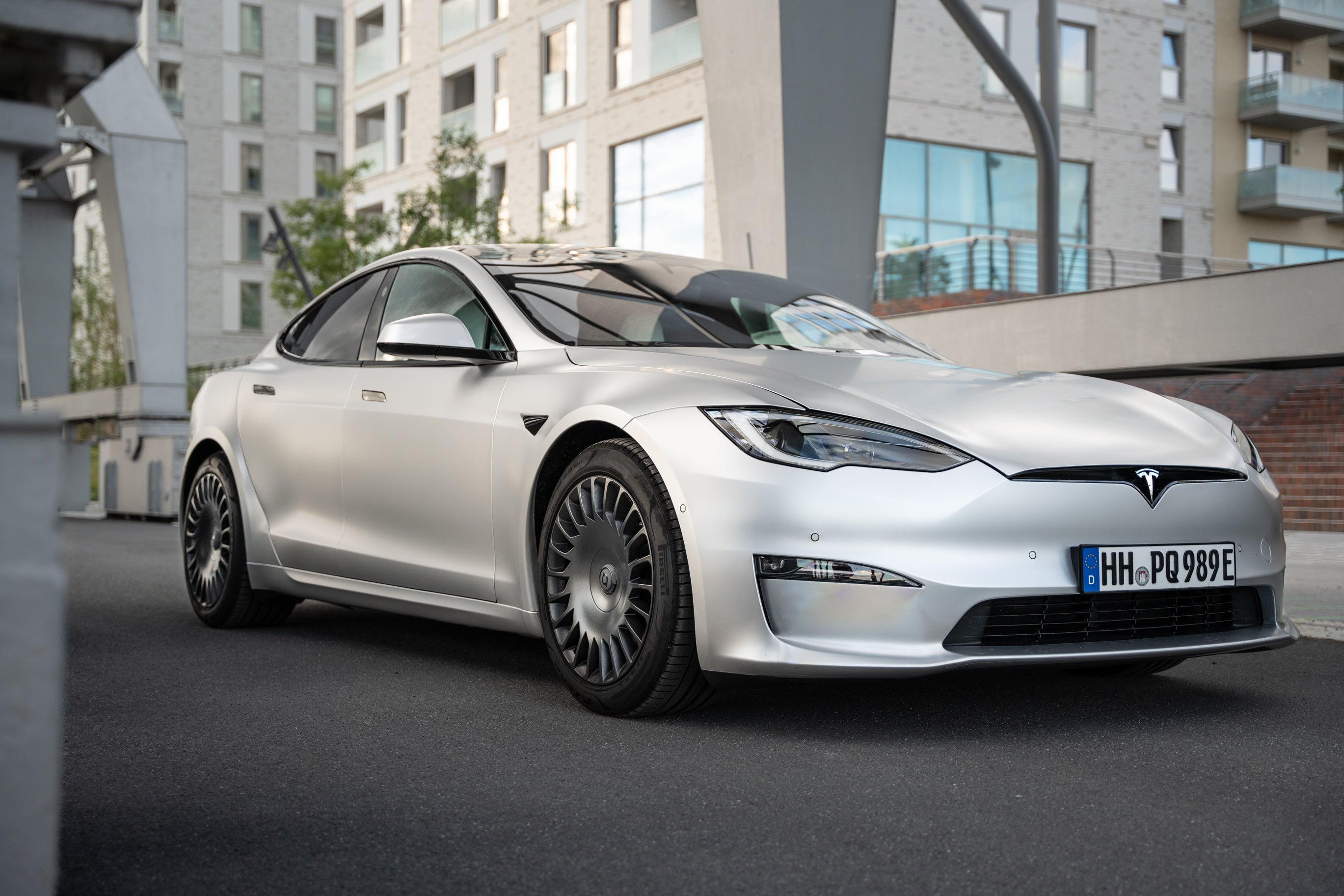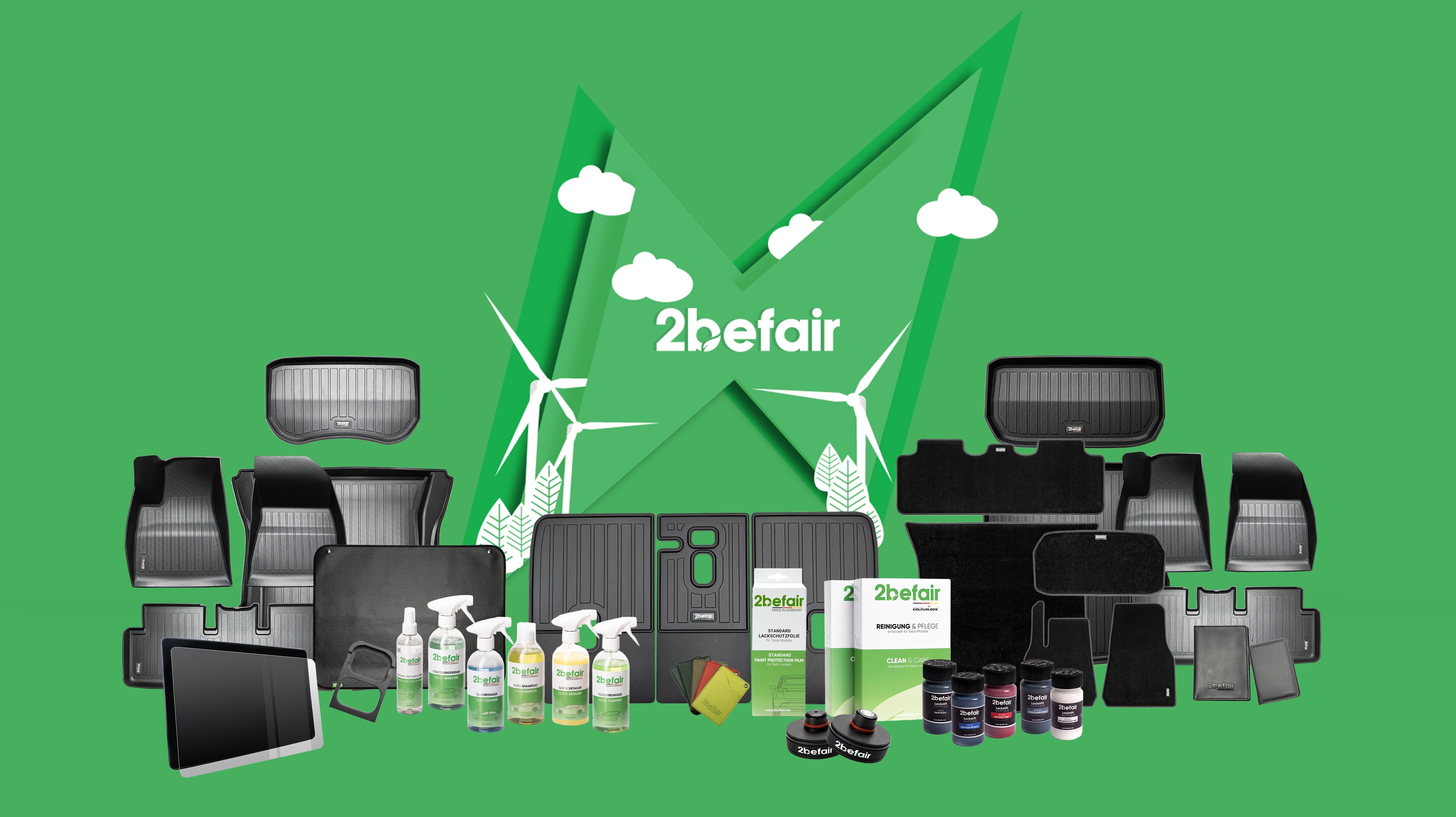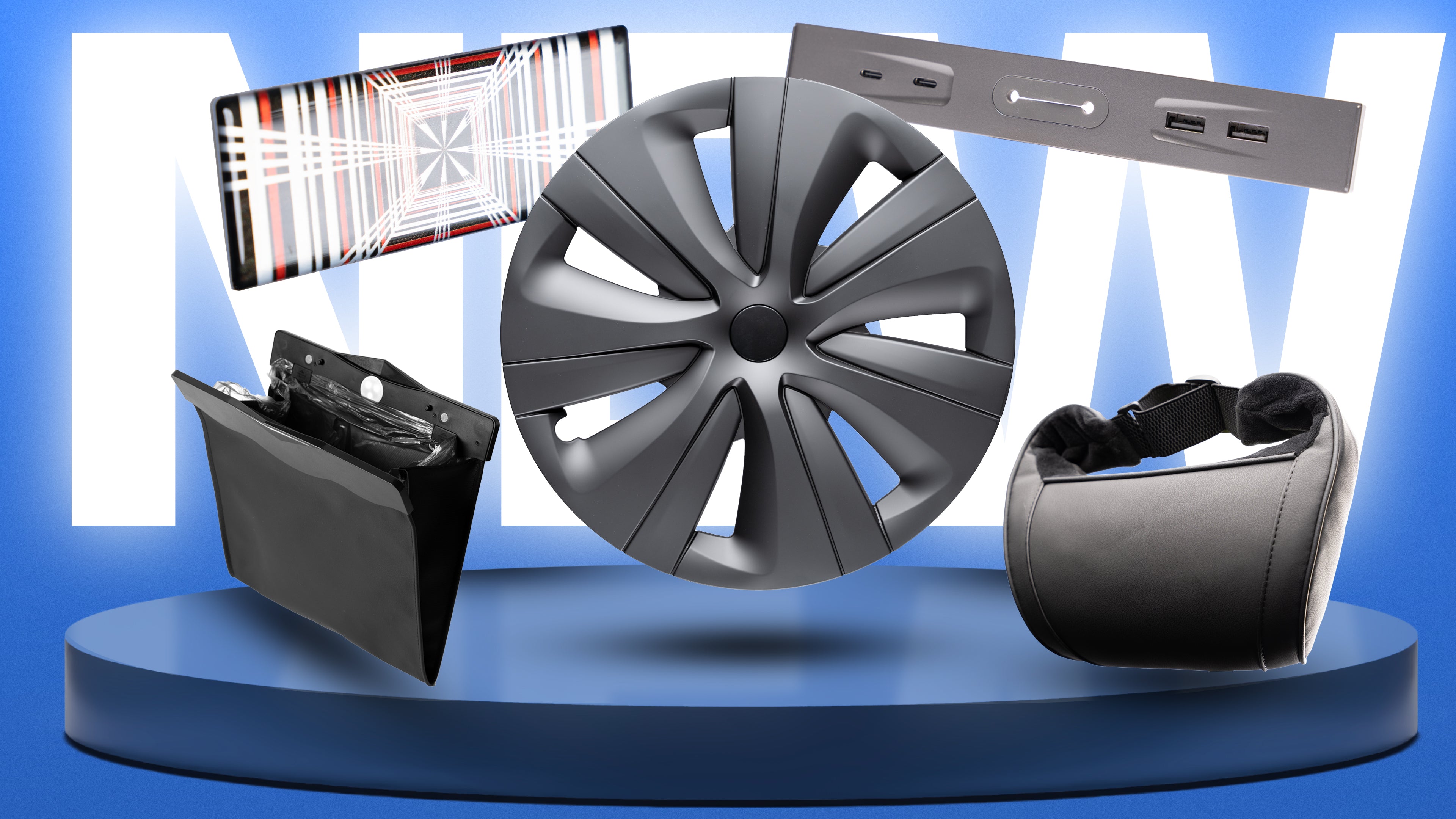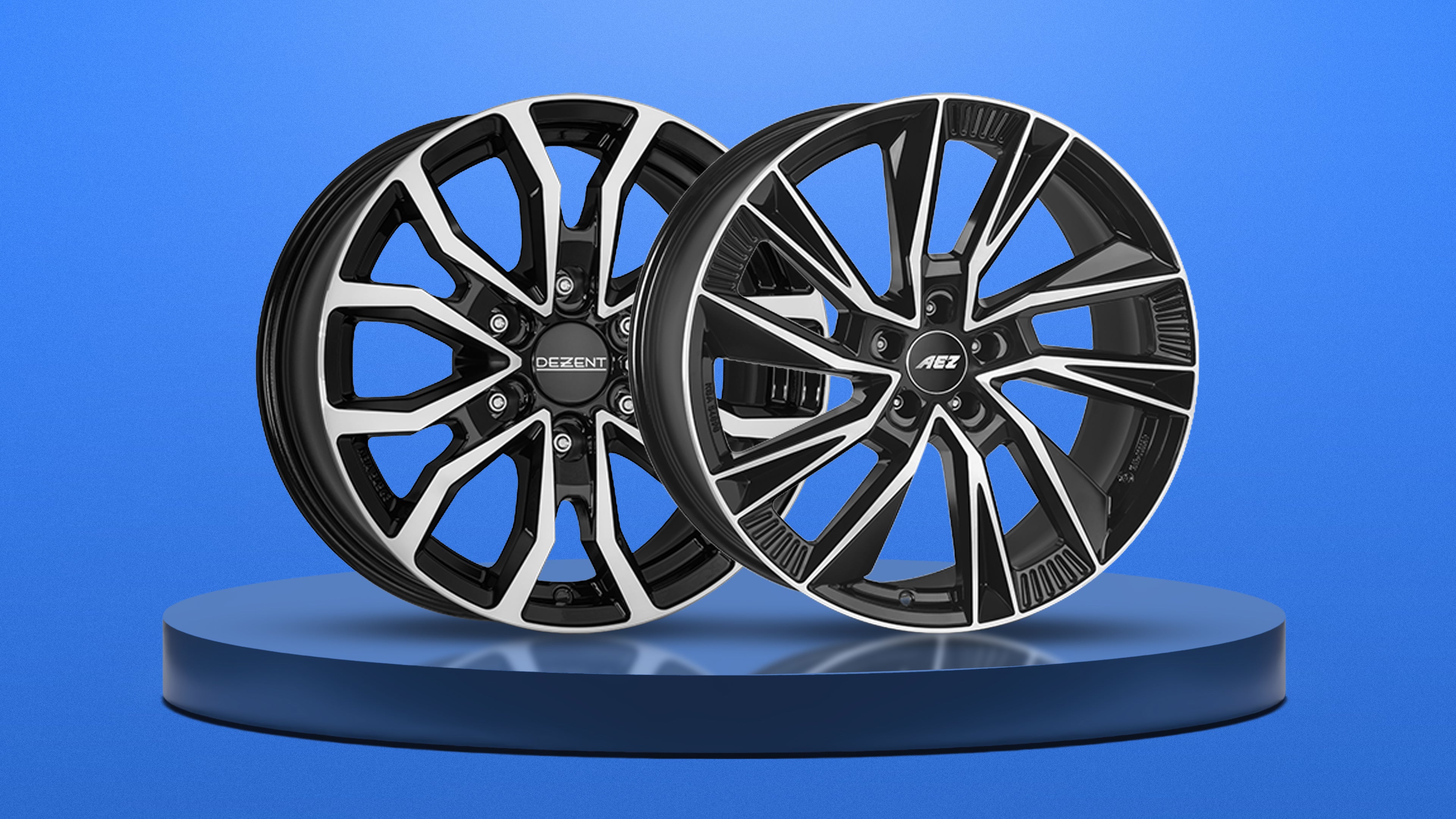Have you ever imagined how a humanoid à la Fred Astaire steps onto the dance floor? Tesla Optimus does exactly that. A newly released video from the USA shows the robot in a choreographed dance routine – another proof of how quickly Tesla's robotics team is advancing balance, coordination, and AI-controlled movements.
Progress at a Glance
Simulation instead of Trial-and-Error
-
Reinforcement Learning: The entire choreography training takes place in a virtual environment.
-
Sim-to-Real Approach: Learned movements are directly transferred to the real Optimus, without hours of trial and error in the factory hall.
Safety Line Only as Backup
-
During the video, Optimus is secured by a thin rope.
-
Tesla emphasizes that the line does not carry weight, but merely serves as a safety net in case the robot stumbles – a common practice in the early testing phase.
The Evolution Steps of Optimus
| Year | Milestone | Short Description |
|---|---|---|
| 2022 | First Prototype | Basic walking movements, simple grasping |
| 2023 | Optimus Gen 2 | Improved joints, yoga poses, object sorting |
| 2024 | Factory Pilot | Light picking tasks, stairs & slopes |
| 2025 (Plan) | Limited series production | Internal use in Tesla‑plants |
Good to know: The current demo took place in the USA. For us in Germany, it provides purely informative insights into Tesla's global development strategy – without immediate relevance for local products or recommendations.
Why a dance video?
-
Precision test: Complex step sequences check balance & fine motor skills.
-
Dynamic benchmark: Spins and weight shifts show how stable Optimus reacts to changing forces.
-
Visible progress: A dance that appeals to the public illustrates to laypeople the leap the robot has made.
Potential fields of application
-
Tesla‑factories: Repetitive or ergonomically demanding tasks, e.g., material transport.
-
Logistics: Conceivable in the long term – sorting, packing, palletizing.
-
Service & care : Far away, but the goal is a humanoid helper in everyday life.
Looking Ahead
Elon Musk aims to deploy the first Optimus units productively in his own factories by 2025. By 2030, according to Musk, up to 1 million robots per year could be produced – ambitious, but typical Tesla. The key remains whether simulation and real environment continue to harmonize so seamlessly.
Conclusion
The current dance video may seem entertaining, but it is a serious milestone proof of Tesla's AI and robotics competence. For the German community, the contribution remains an exciting outlook on possible automation waves – we continue to observe what role Tesla Optimus will play in production and everyday life in the future.








































